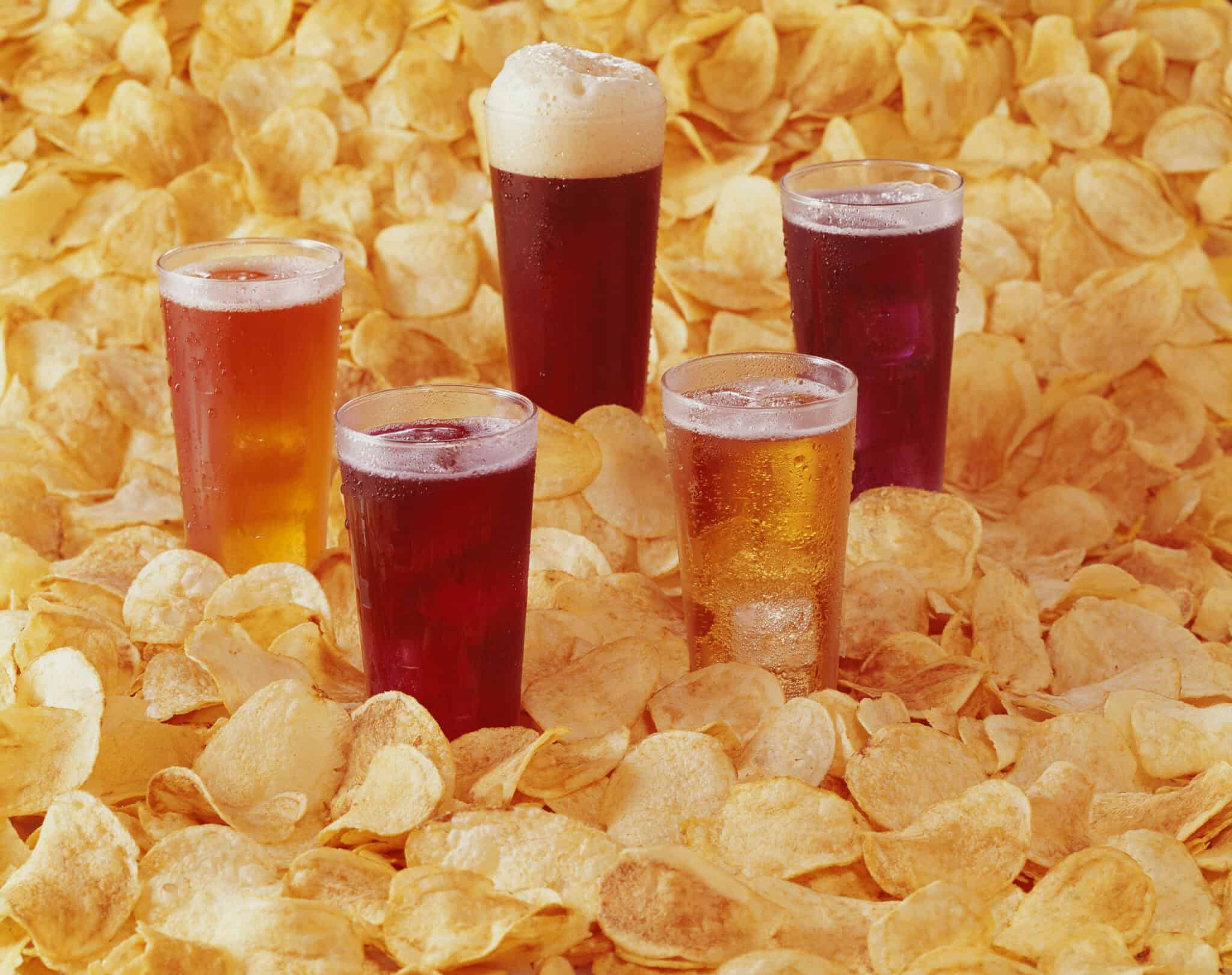Beer Day in Iceland, celebrated on March 1st, marks the end of a long-standing beer prohibition in the country. This prohibition began in 1915 following a 1908 referendum where Icelanders voted to ban all alcoholic beverages. The ban was partially lifted in 1921 to allow wine imports from Spain, and further relaxed in 1935 for spirits, but strong beer remained prohibited due to concerns from the temperance lobby about its affordability and potential for abuse.
Despite regular attempts to legalize beer, which were consistently defeated in parliament, the prohibition started losing ground in 1985. This shift occurred when the then Minister of Justice, who did not drink alcohol, banned the mixing of spirits with non-alcoholic beer to create a strong beer substitute. Finally, in a decisive vote, the upper house of Iceland’s Parliament legalized beer sales, effectively ending the prohibition. This historic decision is now commemorated annually on Beer Day, reflecting both a cultural and legislative milestone in Iceland’s history.

